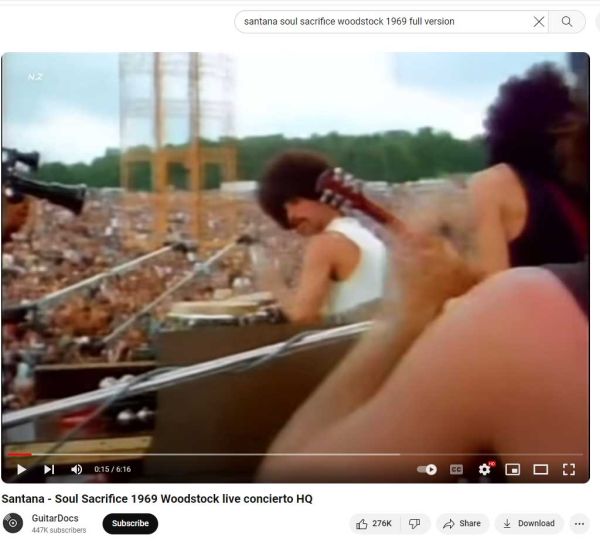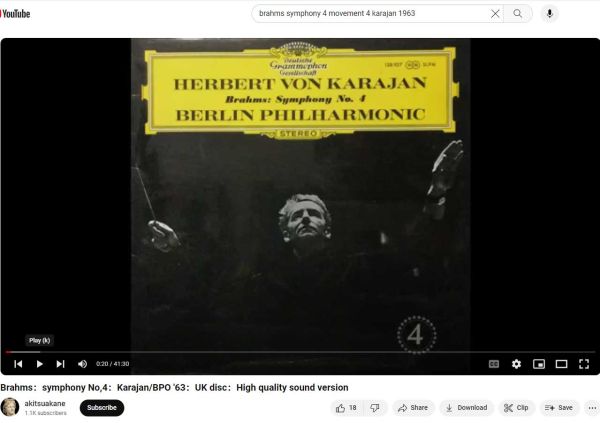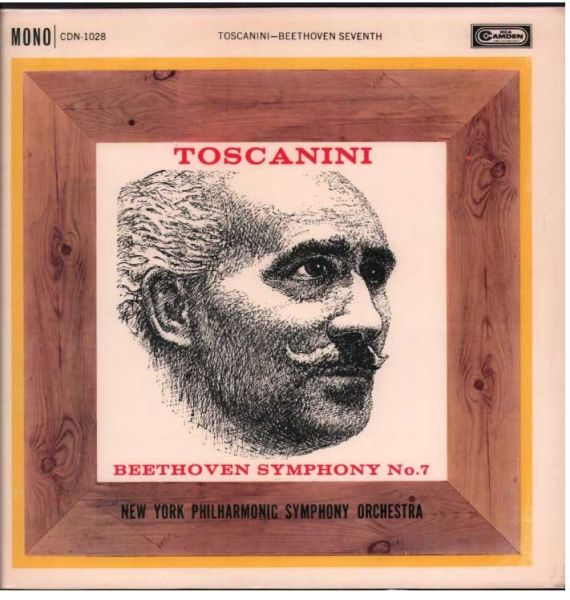Brahms and Beethoven
I remember when I first became aware of music playing in my head during the Summer of 1974, when I attended Harvard Summer School—jogging with some guys along the bank of the Charles River. I kept hearing Santana's "Soul Sacrifice,"—the Woodstock version—keeping time with my strides.
I hear music in my head so often, it drives me a little crazy. At other times, it just attunes itself to the feeling in my heart, which can be remorse, excitement, joy, fear, and so on. It is a little weird, but the character in the song by the Beatles, "Lady Madonna," has this ability. Paul McCartney sings,
Lady Madonna, lying on the bed,
Listening to the music playing in your head.
I asked the other guys, "Can y'all hear music in your head?" They looked at me like I was crazy—which I'm not, honestly! But I could have jogged till Kingdom come! Music does that to a person, whether he hears it in his head, a live performance, or on a recordings. Even a mediocre recording can make a person feel indefatigable. Music hits us in a place in our psyche that nothing else can touch.
My love for music did not really emerge until I attended college. I met a girl who liked Brahms and Beethoven. Before I met her, I just listened to the same rock-n-roll as the other guys on my dorm. After I met her, I just never looked back. I didn't say good-bye to rock-n-roll. It just never again had such a hold on me. The emotions and sounds of Beethoven and Brahms, in the context of a sexual relationship, gave the music it human connection—to the basic instincts and urges in our character that drive us onward.
Some time later, I played Brahms's Fourth Symphony for an older relative. She asked facetiously, "Did he write this in a brothel?" I didn't know, but I realized that Beethoven and Brahms existed outside the norms of polite society. They were renegades, the 19th century equivalent of rock stars. In the more prudish context of the 19th century, audiences would have heard the sexual context of the music more easily and, no doubt, would have asked this problematic question.
Really, Brahms's Second Symphony ends with a sexual climax. It rejoices in an urgent tenderness, an excited intimacy. You can practically hear the bed-springs. The faces of the straitlaced aristocrats who attended the first concerts must have turned red with embarrassment and sympathetic release. Nowhere else in German culture could they hear such sounds, or experience such emotions. Both Beethoven and Brahms died prematurely, Beethoven at 56, Brahms at 63. Neither of them had ever married.
I asked my girlfriend which Beethoven symphony she liked most. She answered, "The Seventh." Like Brahms's Second, Beethoven's ends with a climax—music with a galvanized, pumping rhythm that people of that day could not have missed. As young lovers, my girlfriend and I didn't miss it, either. Beethoven, the awkward misfit, nevertheless revelled in the instinctual urges of humankind. He and Brahms for reaffirm our sexual humanity it, for which we should thank him, for challenging us pompous, knowledge-laden types.



